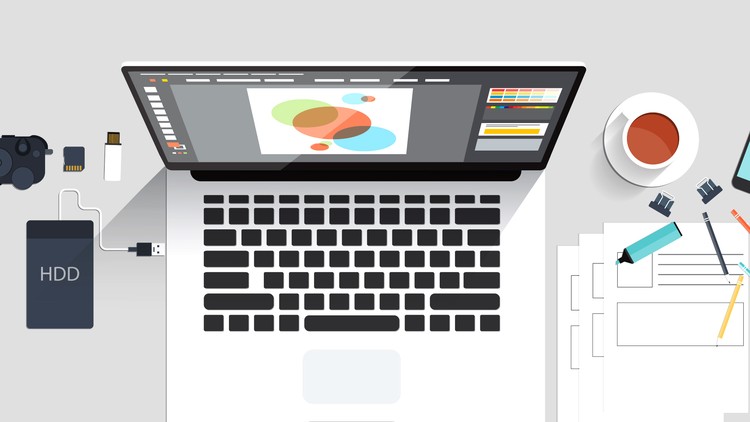Struggling to build a business website? Don’t worry, we’ve got you covered! It’s a fact that modern day businesses are run using websites because it enables the business to traverse through various demographic and geographic regions.
Here are 10 things to consider when building up a business website
1. Purpose of the Business Website
First of all, you must establish why you are making the website it is for advertising, customer feedback or as an e-commerce platform. The more purposes your website serves the more complex it’s going to be to make. Complexity may affect web speed as well.
2. Domain
A domain name is like a digital address for your website. When you decide to build your own website then you should spend time coming up with an appropriate domain name since it is a long term commitment. When choosing a domain name let it be simple, memorable and related to what your website is going to be about. A good domain name will help increase website engagement.
3. Logo
The logo acts as the face of the entire website and it’s the first things that users will notice when they visit your website. So, make sure your logo leaves a good first impression. Your logos design should be in line with what the website is all about and should not be an obscene logo.
4. Designing the Business Website
Designing the website involves the bringing of the business website into existence and this can be done through coding. During this phase of the website, creation does not be afraid to ask for help because your skills may fall short. If you don’t know how to design there are a lot of software that can help you or you can just outsource that part of the design phase. One good example you can check out on the design is this men’s wallet.

5. Layout
When you want to build your own business website you have to have a web page that people can easily interact with. Based on the purpose of your website, you can create a simple and navigable home page that catches the user’s attention but doesn’t confuse them when they want to navigate the site. A website with a good layout will be able to improve customer experience and increase website engagement.
6. Content
This refers to what will be contained in the site. You will need to have different pages covering the different aspects of the business. All the content in the various pages needs to support the purpose of the website. Properly organised content will lead to an increase in website engagement from users.
7. Payment system
There are so many payment methods such as Paypal, Alipay, eWallets, credit/debit cards etc. Most sites and businesses today allow users to make online payments. If your business wants to offer such an option to its users then you will have to integrate an electronic payment option into your website.

8. Hosting
Every business website needs a server where all the web data is stored so that users can access it. Therefore, you must consider the types of website hosting that fit your goals. There are three main ways in which you can host your website.
1. Shared – this is a form of hosting provided by the hosting service where multiple websites are all hosted together on the same server sharing the available resources and costs. This is ideal for beginners and is also a cheap option.
2. Virtual Private Server – in VPS hosting, several business websites share the same server but the server is partitioned into several virtual servers using a software, therefore, each website has their own. Therefore instead of sharing resources, each website is allocated a particular amount of resources for its use. This option is slightly expensive than shared hosting.
3. Dedicated hosting – in dedicated hosting you are able to rent the whole server for your website. You can be able to exercise more freedom and utilize more resources. With dedicated hosting, you will enable the site users to experience optimal website speed and won’t have trouble handling high levels of traffic like Shared or VPS hosting.
The type you choose will depend on the type of website you want to set up. For a new site, you can start with shared hosting and scale up as your website traffic expands.
9. Promote
After you have created your website and it has gone live, you now have to generate traffic. Find ways of advertising your website to the world.

You can start by sending a link of the business website to your friends who will also pass it on to theirs. By promoting your site you will be able to increase website engagement. Don’t limit yourself to friends, you can also use other online marketing strategies to attract customers.
10. Analytics
After your business website has gone live it is important that you keep track of how it performs and where there are areas for improvement. Such data can be instrumental in helping you improve your website and also give you an insight into the visitors of the site.
Alternative, consider using a web development company in San Francisco (or your area) to assist you. You may need to fork out some cash though.
Watch this space for updates in the Hacks category on Running Wolf’s Rant.
Like what you just read? Subscribe To Our Newsletter to stay in the loop.
Feel free to explore our website or check out our Featured Articles.
Looking for a gift for that special person in your life? Check out Netflorist.co.za, South Africa's top online florist and gift service. They offer flowers, gifts, and hampers for all occasions AND reliable nationwide delivery.



